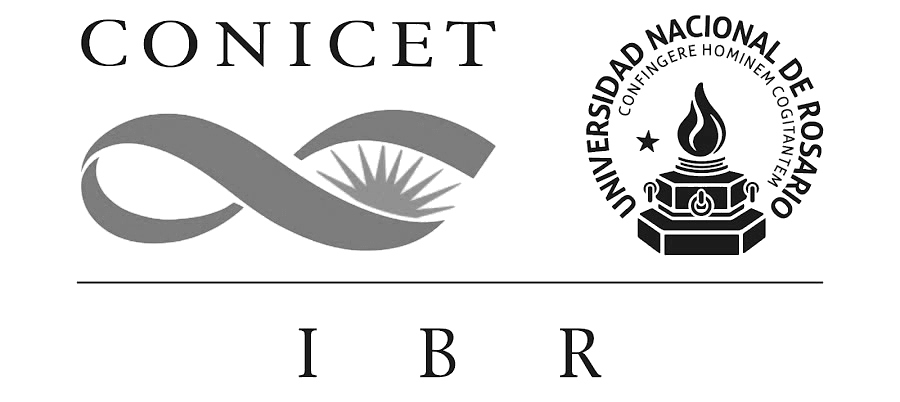Diego O. Serra earned his Licentiate degree in Biotechnology at the National University of Litoral (UNL) in 2002. During 2004-2008 he performed his doctoral studies at the Center for Research and Development in Industrial Fermentations (CINDEFI), earning his PhD degree in microbiology from the National University of La Plata. Within the framework of his doctoral studies, he performed research stays at the Technical University of Munich (TUM, Munich, Germany), the Wake Forest University (WFU, North Carolina, US) and the University of Veterinary Medicine (VMU, Vienna, Austria). From 2011 to 2019 he worked as Postdoctoral and Assistant Researcher at the Humboldt University of Berlin (HU, Berlin, Germany), under the supervision of Dr. Regine Hengge. He has received fellowships from CONICET, the German Academic Exchange Service (DAAD, Germany), the International Union of Biochemistry and Molecular Biology (IUBMB), the American Society for Microbiology (ASM) and the Alexander von Humboldt Foundation (AvH, Germany). Since 2019 he has held the position of Associate Researcher of CONICET at IBR and is head of the laboratory of Structure and Physiology of Microbial Biofilms. His research focuses on understanding the molecular factors and mechanisms that allow bacteria to survive antibiotic treatments in biofilms and on the search for novel compounds that can inhibit the formation of microbial biofilms. He is Teaching Assistant in Microbiology at the Faculty of Biochemistry and Pharmaceutical Sciences (FBioyF) of UNR.
Our TEAM
Mini Bio
Sede CCT Rosario
Ocampo y Esmeralda, Predio CONICET-Rosario
2000 Rosario, Santa Fe, Argentina
Tel. 54-341-4237070 / 4237500 / 4237200
Sede Facultad de Ciencias Bioquímicas y Farmacéuticas
Universidad Nacional de Rosario - Suipacha 531
2000 Rosario, Santa Fe, Argentina
Tel. +54 341 4350596 / 4350661 / 4351235
🔬 El IBR suma 9 proyectos seleccionados en Investigación Orientada 2025 de @ProduccionSF y @CienciaSantaFe.
Biotecnología, salud y sostenibilidad para fortalecer el vínculo entre ciencia, innovación y desarrollo territorial.
© 2026 IBR. Created for free using WordPress and
Colibri


